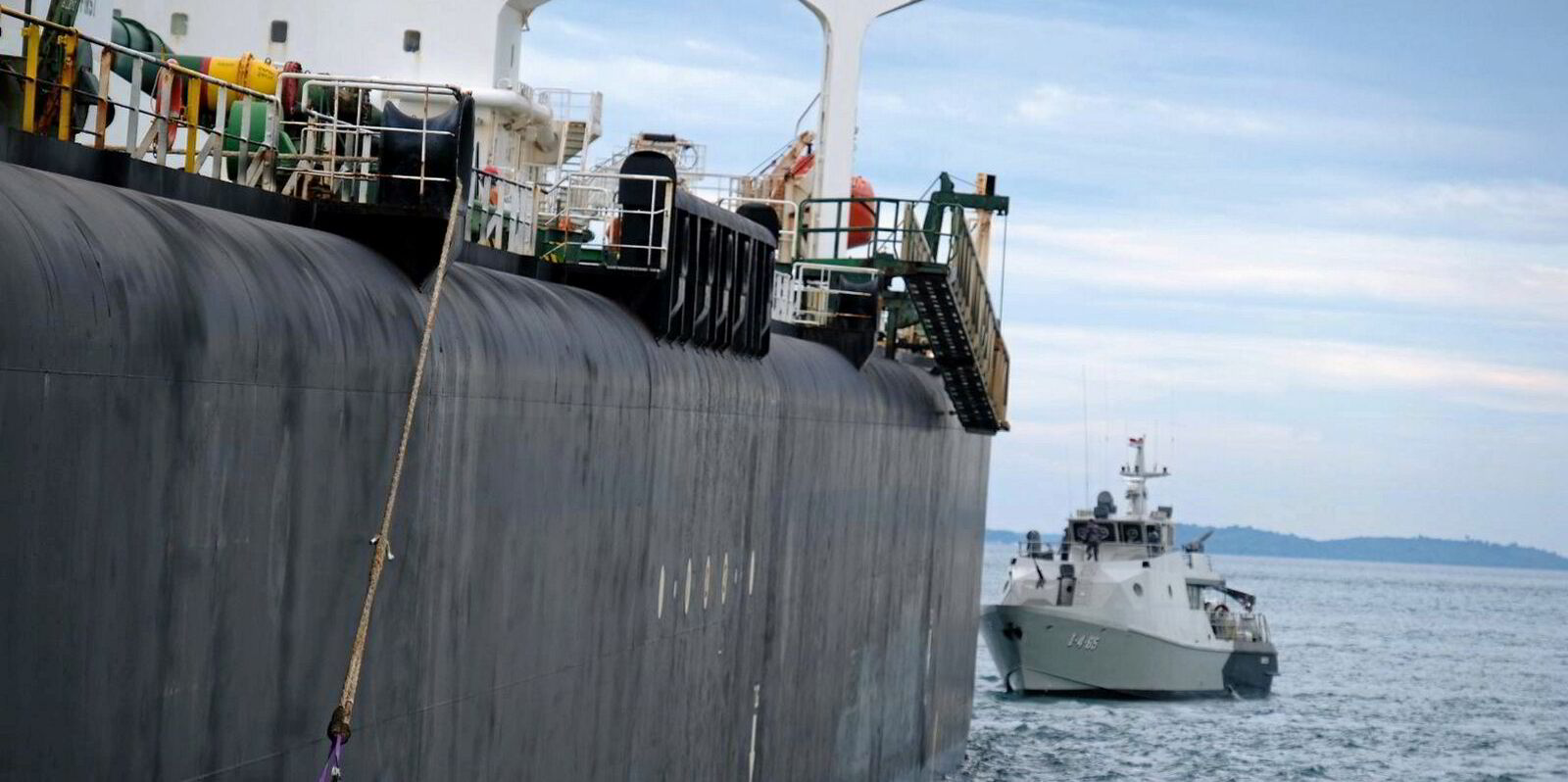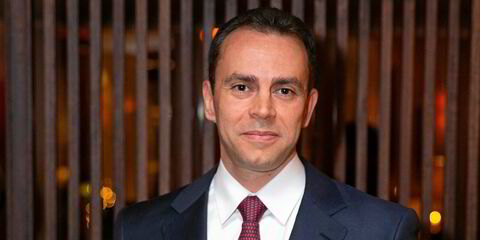Leading ship management executives have revealed the cost and stress involved in running vessels as the shadow fleet of tankers serving Russia, Iran and Venezuela grows.
UK giant V.Group said earlier this year that it lost 30 tankers after the vessels moved out of the mainstream oil business.
Managed ships were sold to companies that did not pass its compliance checks.
The group also said management took decisions to part company with customers “where V.Group would not align on lower vessel standards”.
During 2023, the number of V.Group’s ships with managed crew increased, but the number of vessels under full technical management fell to 537 from 569.
Mathavan Subbiah, chief executive of marine services and corporate functions at Synergy Marine Group, told TradeWinds his company has been approached by numerous companies over the past two years.
They have been seeking full technical management.
“However, many of these vessels have failed to meet the necessary compliance checks,” the boss added.
Subbiah said that this year alone, 11 such cases were identified, “reflecting our rigorous standards in vessel selection”.
“Our shipowner partners are much more cautious with asset play and we haven’t come across any such instances when we retain management of a vessel for a new owner,” the CEO explained.
‘Significant difficulties’

“The rise of the shadow or dark fleet, operating in the grey areas of global sanctions, presents significant difficulties. The ability to manage compliance and ensure safe operations has become more complex,” Subbiah said.
“This has demanded greater investments in advanced technology, specialised expertise and vigilant monitoring,” he added.
Bernhard Schulte Shipmanagement (BSM) CEO Ian Beveridge said the growth of the shadow fleet has had no direct impact on its business but the sanctions regime has.
“What has an indirect impact on our daily work are the sanctions, which are intended to push back the shadow fleet,” he told TradeWinds.
“BSM is fully committed to complying with all applicable sanction regulations from the EU, US, UK and UN authorities, with the highest levels of diligence and transparency,” Beveridge said.
BSM has established a dedicated sanctions team to track and review the “multitudinous and ever-changing” trade and economic restrictions, the CEO explained.
They carry out precise due diligence checks, through the use of designated platforms, including PurpleTRAC.
“This represents a considerable effort, requiring substantial investment and manpower,” Beveridge said.

Carl Schou, chief executive of Wilhelmsen Ship Management, said the company had also upped its compliance game, growing its team and extending vessel monitoring, and had seen a “reduction of business” on certain trade routes.
“It is at quite a different level today than just a few years ago,” he said, reflecting on the changes. “We have a very stringent process when we take on new clients.”
Any new supplier has to be audited, vetted and checked against the US Office of Foreign Assets Control screening, he said, adding that clients expect this to be part of a ship manager’s service.
“From the owners’ perspective, this is something inherent with the service we are offering.”
Michael Brandhoff, co-managing director of Wilhelmsen Ahrenkiel Ship Management, said: “We have been rejecting customers who were not fitting into the profile we would like to serve.
“Something like a shadow fleet is never an option for us, and if you look at our tankers, these figures are stable and have been with us for many years.”
Market distortions
Columbia Group chief executive Mark O’Neil told TradeWinds the shadow fleet creates significant challenges for compliant companies.
“It distorts the market by not adhering to regulations, creating safety concerns and increasing the risk of pollution incidents,” he said.
“This polarisation between law-abiders and law-breakers means that companies operating by the rules face higher costs and scrutiny to ensure compliance and safety, while the shadow fleet poses serious risks to the industry’s overall safety and stability,” the CEO said.
This article is part of a special report series on the future of ship management.





